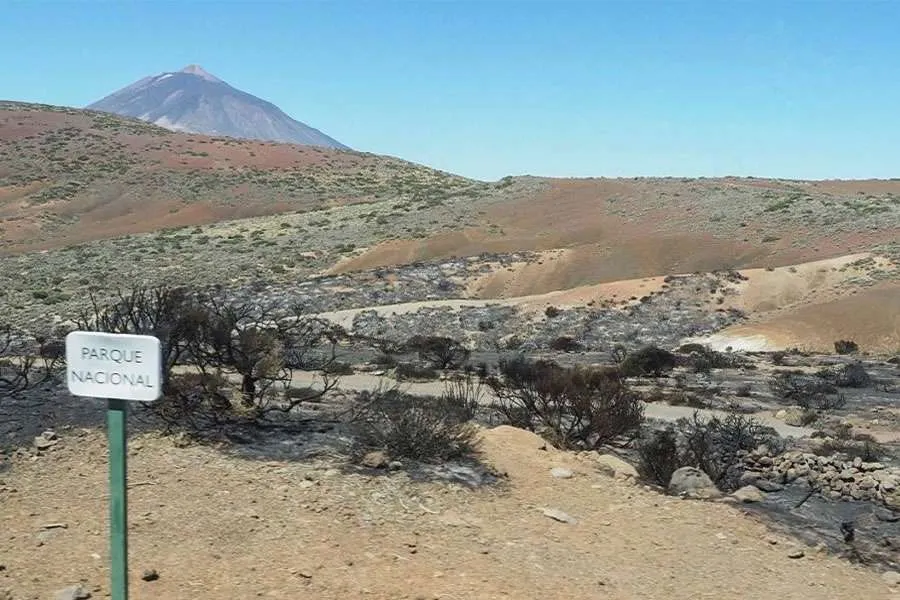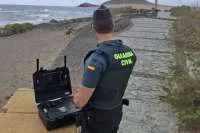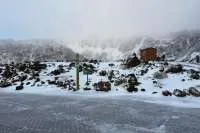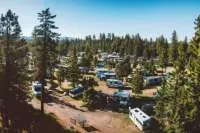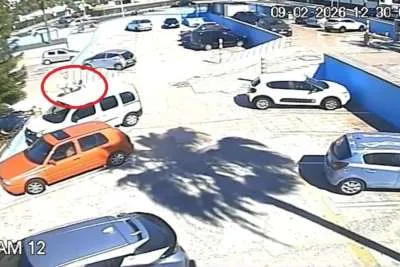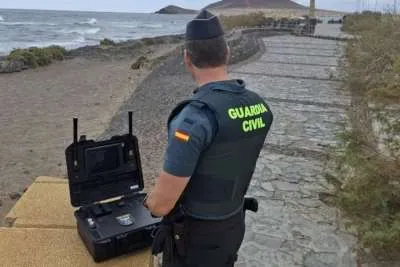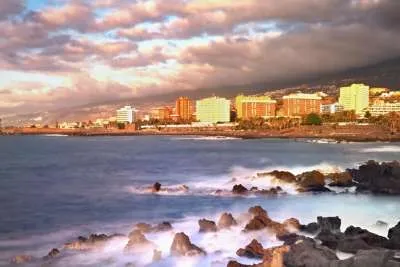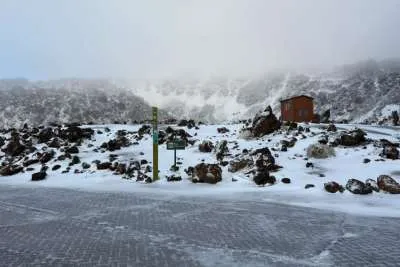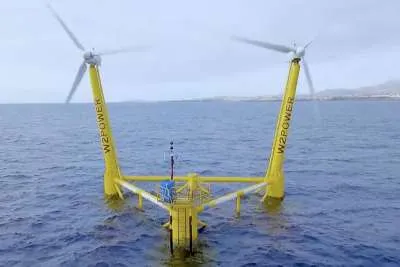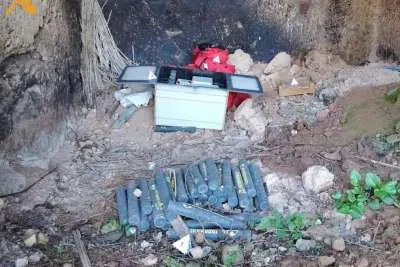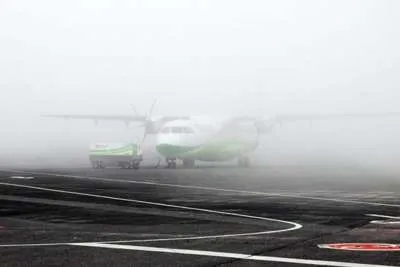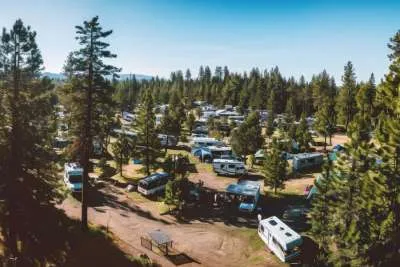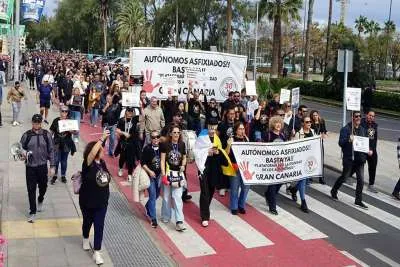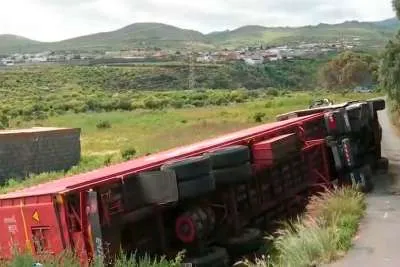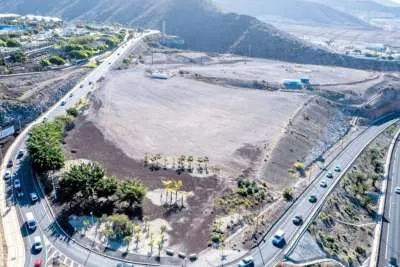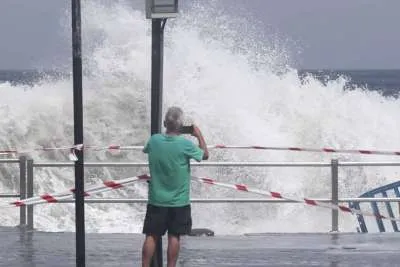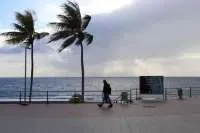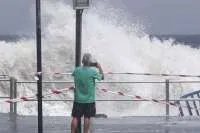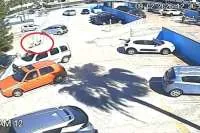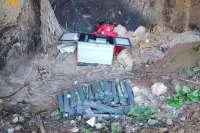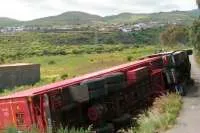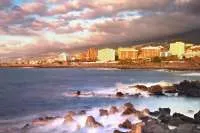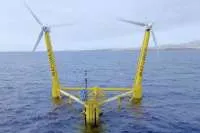Involcan records a seismic swarm of 90 tremors at Teide but rules out an eruption
- 31-08-2025
- Tenerife
- INVOLCAN .
- Photo Credit: DA
The Canary Islands Seismic Network, part of the Volcanological Institute of the Canaries (Involcan), detected a new seismic swarm beneath Mount Teide yesterday afternoon (Saturday), registering more than 90 very small tremors.
The events were picked up by the TNOR seismic station, located on the northern slope of Teide, and occurred between 5:14pm and 6:26pm local time.
What scientists say
According to Involcan, the tremors were volcano-tectonic events, caused by the fracturing of rock within Tenerife’s volcanic system. Experts explain that the episode forms part of the island’s ongoing seismic activity, which has been regularly observed since June 2017, when the first of more than 120 seismic swarms were recorded.
The origin of these swarms is linked to the pressurisation of Tenerife’s volcanic-hydrothermal system, caused by the injection of magmatic fluids.
This phenomenon has been repeatedly observed since 2016, supported by two key indicators:
- An increase in diffuse carbon dioxide emissions at the summit crater of Teide.
- Slight ground deformation has been detected since 2024 in the northeast sector of the Teide–Pico Viejo volcanic complex.
No eruption expected
Despite describing the activity as “anomalous”, Involcan stresses there are no signs that the probability of a volcanic eruption has increased in the short or medium term.
The National Geographic Institute (IGN) also detected 15 of Saturday’s earthquakes, with magnitudes ranging from 0.2 to 0.8 on the Richter Scale.
Context
Teide, Spain’s highest peak and a UNESCO World Heritage Site, is one of the most closely monitored volcanoes in the world. Scientists emphasise that small seismic swarms are part of its natural behaviour and that Tenerife remains safe for both residents and visitors.
- Teide National Park remains open and safe: there is no risk to visitors, and excursions, hiking trails, and the cable car are operating as normal.
- Small earthquakes are common: most are so weak they cannot be felt by people.
- Constant monitoring: Teide is under 24/7 surveillance by both Involcan and the National Geographic Institute, ensuring any change would be detected early.
Visitors planning to explore Teide can enjoy the park with confidence, while also experiencing one of the most closely studied volcanic landscapes in the world.
Other articles that may interest you...
Trending
Most Read Articles
Featured Videos
TributoFest: Michael Buble promo 14.02.2026
- 30-01-2026
TEAs 2025 Highlights
- 17-11-2025


